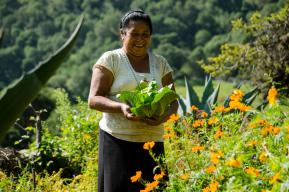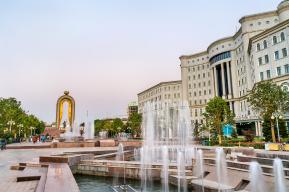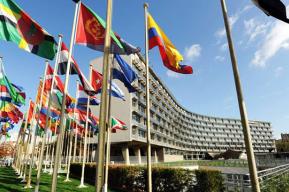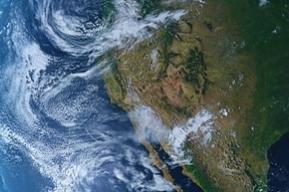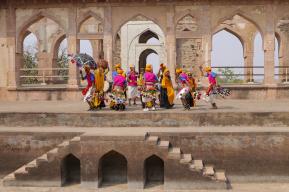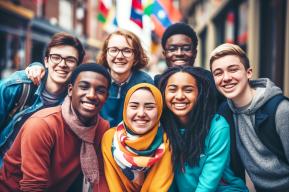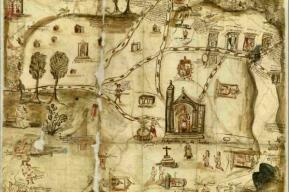News
UNESCO: We must protect artists and defend the right to freedom of expression!
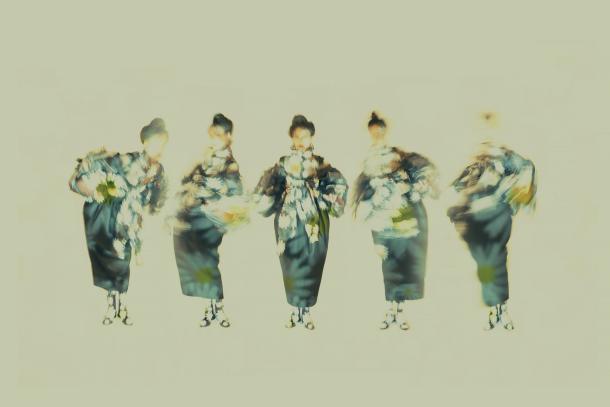
In response to growing violations on artistic freedom around the world, UNESCO is committed to protecting artists. The Global Report Re|Shaping Policies for Creativity: Addressing Culture as a Global Public Good is a call to action for governments, public and private organizations, and the international community to protect and promote artistic freedom.
The Report reveals that fewer than 50 countries currently have independent bodies to monitor the state of artistic freedom. For most artists this means that there is nowhere to turn to for protection if they need it; highlighting a disconnect between the law and practice.
You can now watch UNESCO’s new video on the importance of protecting artists and defending artistic freedom. It was launched during the UNESCO World Conference on Cultural Policies and Sustainable Development – MONDIACULT 2022, in September 2022 in Mexico City, in support of its historic Declaration recognizing culture as a ‘global public good’.
Why do artists face persecution?
Artists work within the public sphere, they are more visible. This makes them an easier, softer target for people who want to silence their work. They face persecution in ways that aren’t necessarily obvious. Books aren’t allowed to be published, exhibitions are closed down, shows are cancelled.
While online platforms offer artists an effective way of reaching a wider audience, they are also exposed to intense digital harassment. Women artists are especially vulnerable in the digital sphere.
In many societies, women are expected to conform to certain norms. And when women challenge those norms, by expressing themselves artistically, that can lead to trouble. Many women artists have been killed, attacked, [or] banned from performing. On social media platforms, the use of algorithms leads to disproportionate moderation of content produced by women. Women are also sometimes intimidated into self-censorship.
Why do artists need protection?
“If we stifle creativity, we are of course, violating the rights of artists. But we are also depriving ourselves of diversity, of new ways of looking at things, of new ways of learning. And that is why I think governments, business, social media platforms, [and] communities must encourage and sustain artistic freedom” says Irene Khan.
When global crises like conflicts and disasters impact people’s daily lives, artists play a huge role in reflecting what communities are experiencing, but they can face intense repercussions. In emergency situations, the cultural and creative sectors become symbols of resilience and hope. Artistic expression is often an act of courage.
When it comes persecuted artists, securing safe passage to a new country becomes a matter of life or death.
How can artistic freedom be protected and promoted?
UNESCO, through the 2005 Convention on the Protection and Promotion of the Diversity of Cultural Expressions and the 1980 Recommendation concerning the Status of the Artist, promotes human rights and fundamental freedoms. For example, UNESCO’s Global Report Re|Shaping Policies for Creativity – Addressing Culture as a Global Public Good provides governments, private organisations and civil society with the insights needed to collectively improve legislation, protect artists, and safeguard artistic freedom. The UNESCO-Aschberg programme for artists and cultural professionals also provides funding and technical expertise to States and key actors in their efforts to protect and promote artistic freedom.
Organizations like ICORN equally play a critical role in protecting artists and their right to freedom of expression. It works with immigration offices around the world to find ways to secure long-term protective residencies without the artists having to continually renew their documents and permits.



